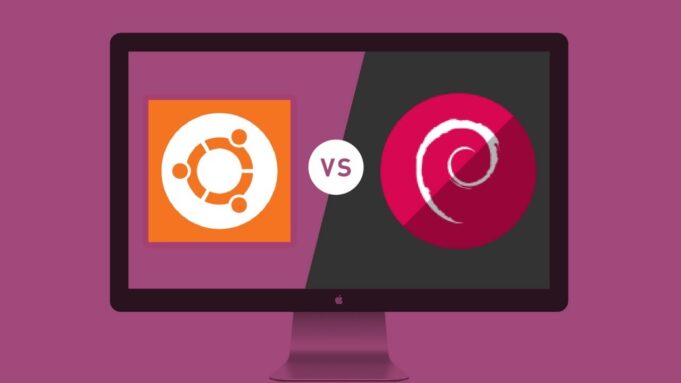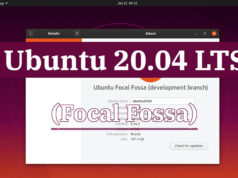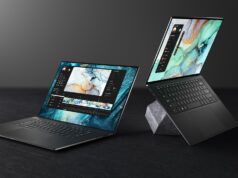Linux is the third most popular operating system besides Mac OS and Microsoft Windows. Over time, the system started producing some derivates that are becoming more popular by the day. There are literally dozens of them and all of them are pretty similar. So, this can give some serious headaches to any new user that would like to test his luck and start using one of Linux’s distros. Ubuntu is surely the most well-known of them all, but that doesn’t mean that this system is the best of them all. Simply said, it is used by the highest number of developers due to his open-source nature and some features that he adds to the overall Linux family. As we already know, the main system, Linux is an open-source system that will literally provide you with a possibility to insert some lines of code that can have an impact on the system as of the whole.
These characteristics of the main system are pretty much the same with all derivates. Naturally, all of them come with their own set of features and spices. Them being similar doesn’t mean they are completely the same. You can ask some experts in the field and you will get the totally same response. Today, we are going to talk about the differences between Debian and Ubuntu. We are going to go through a majority of their features, advantages, and disadvantages. It should be said that we are not going to take any sides in this comparison and that we are going to look at them from a distant perspective and without favorizing. So, now that we’ve explained all of the important features, we are going to start with this comparison of ours. Without further ado, let us begin.
The Basics
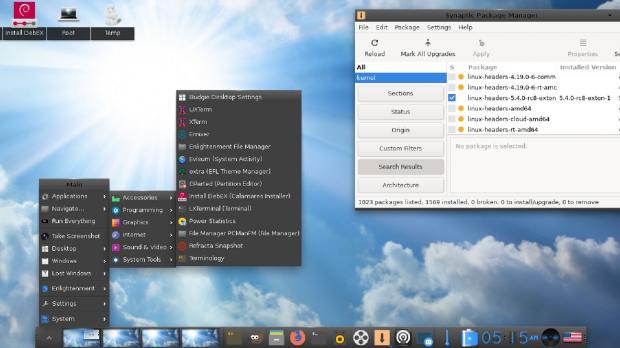
One of the first derivates of Linux OS was Debian, which was developed back in 1993. Ubuntu was developed more than a decade later and it was considered to be a fork of Debian. It should be said that Debian is releasing its testing branches every half a year and that Ubuntu adopts all of the packages that are a product of
Debian. Both of these systems are using exactly the same packaging management system, which only adds to the easiness of complementing their data and updates. At the same time, whatever changes are made to the Ubuntu as OS, these are working their way up to Debian. This is a pretty complex system that is just simple at first sight, but the main idea is that exchanging the updates and ideas of their developers.
Who Has a Better Server?
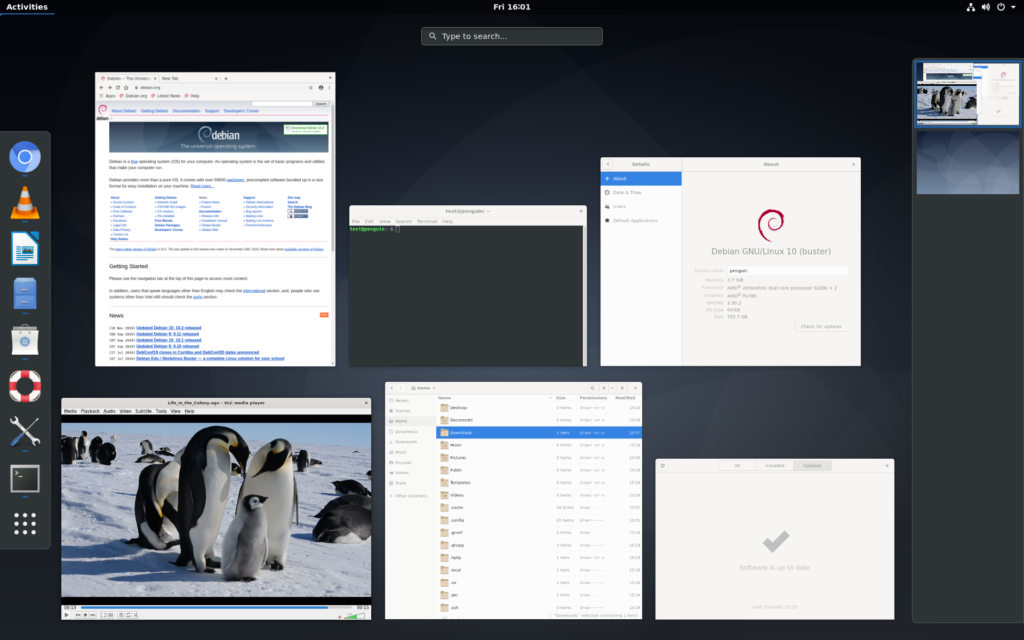
When it comes to taking a look at the servers of these two OSs and choose which one is the better one, it should be said that this decision heavily depends on your preferences. If you need an enterprise environment, then you should opt for Debian. The reason is that it is much more secure and stable. In case you would like to be able to download all of the newest updates for your system, you be sure to check out Ubuntu. Generally speaking, all of the main differences can be applied to the versions of the servers.
Comparing Desktop
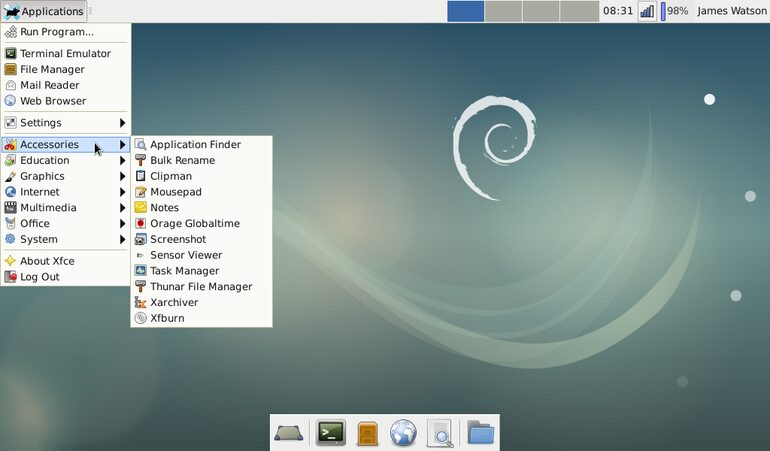
If we are talking about the comparison between the desktops of Ubuntu and Debian, you should know that there are some differences that require your attention. The first thing you should know is that Debian is a lightweight distro. The element that decides which distro is a lightweight and which is not is the type of desktop environment that is going to be used. Generally speaking, Debian is lightweight when you compare it to Ubuntu. This means that when you have some old hardware, Debian is the way to go.
Ubuntu is much easier to install and you will have a much easier time while you learn to use it. The default state of this OS is that all of the decisions are already made and you need only to use them in order to complete your tasks. If you are looking for a challenge with Ubuntu, you can opt for the expert mode. This way you will have an insight into all of the codes and you can configure almost everything you would like. This mode is pretty similar to the type of Linux’s Debian.
Performance
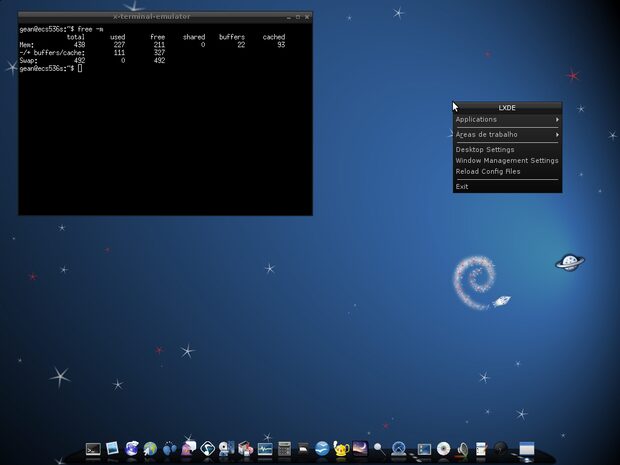
The question of performance with Ubuntu and Debian is pretty simple. Both of these systems perform exceptionally and you will have a blast if you are looking for a system that simply performs without any mistakes or struggles. But there are some differences that need to be pointed out. Debian is a much lightweight system, which makes it superfast. To be precise, it is much faster than Ubuntu for example, since this system is not so lightweight. At the same time, you should be aware that Ubuntu is a much faster OS than macOS or Microsoft Windows. At the same time, Ubuntu provides its users with a completely unique set of features that are not so similar to the ones available for Windows and Mac users.
Who is Targeted by These Two?
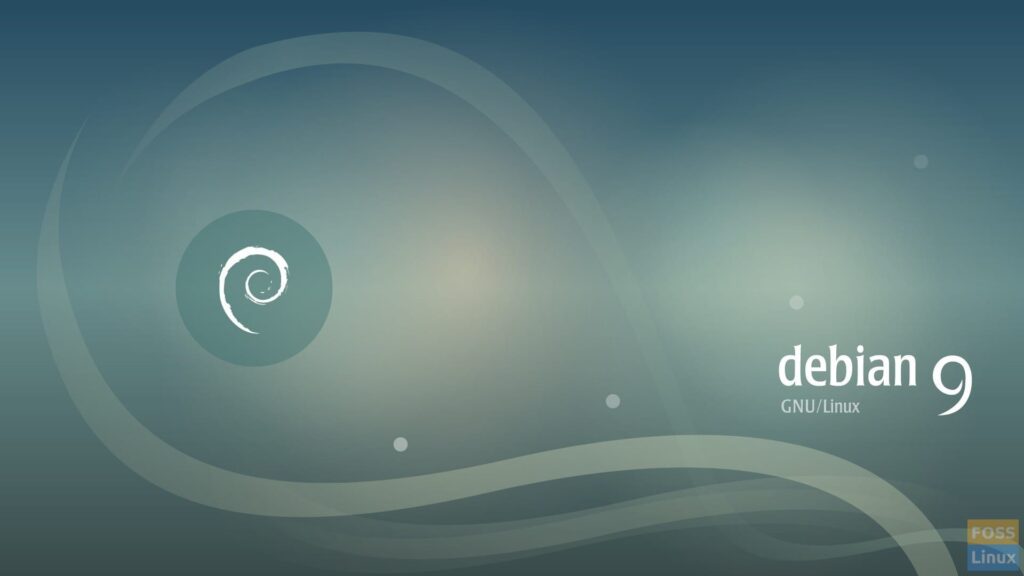
As we already said, Ubuntu aims at beginners since it is a much simpler OS that will provide some guidance to its new users. With Debian, it is whole another story and you really need to have experience with using Linux’s operating systems. That way you will prevent many headaches and nervous breakdowns, believe us. At the same time, it should be said that installing Ubuntu is pretty easy and you will not need the help. However, installing Debian on your machine will surely require some additional effort on your behalf and you will need to perform some manual configuration.
The Takeaway
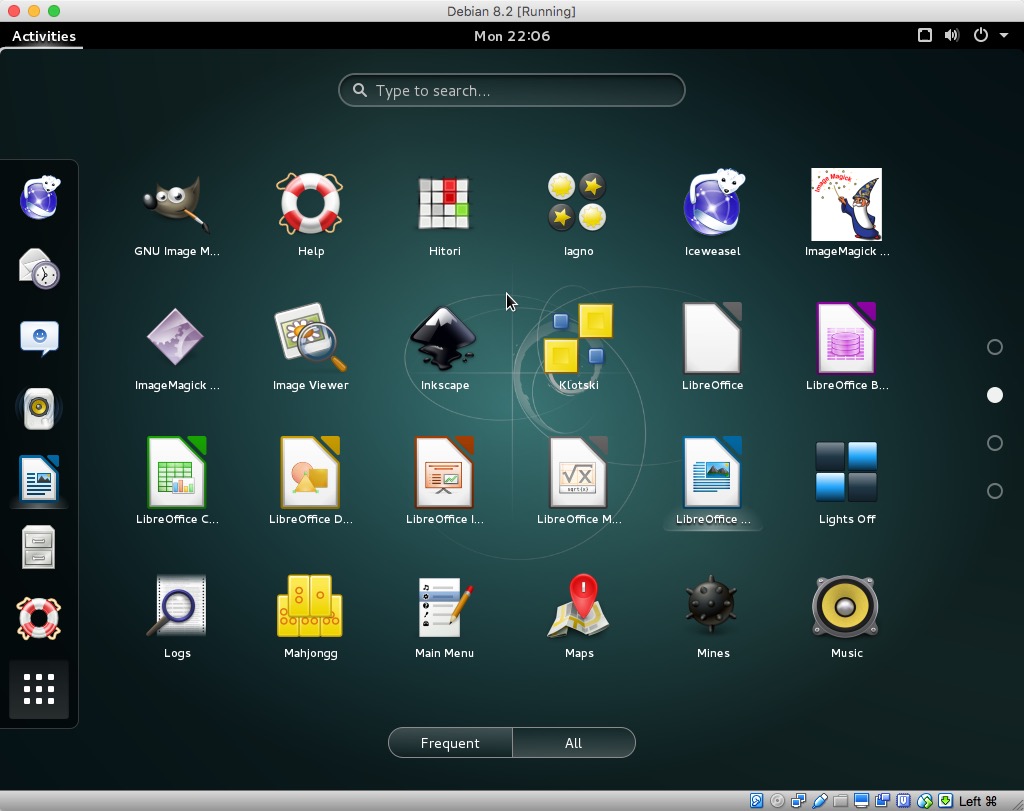
Since Linux and its derivates are pretty unknown to a high majority of people in the world, it should be said that you need to be prepared before you start using them. Here we’ve provided key differences between Debian and Ubuntu in order to help you with choosing the best one for you.

